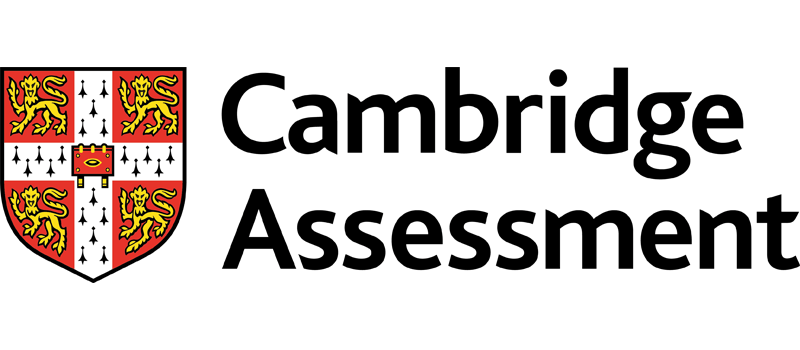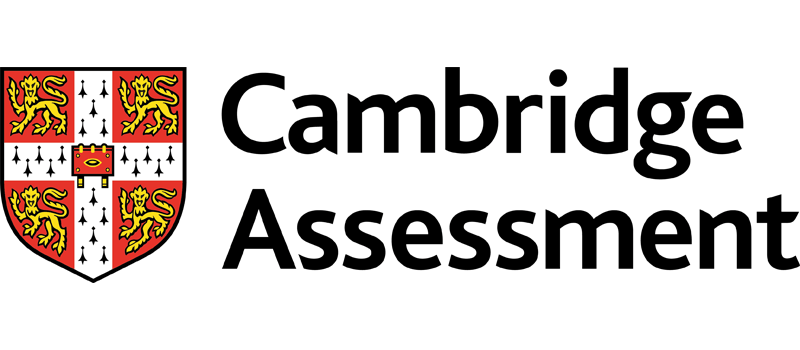ESHub

Le système officiel de certification des compétences en construction (CSCS)
ID du cours : 2501050108809ESH
Dates du cours : 05/01/25 Durée du cours : 1 Jour(s) d'étude Lieu du cours : Londres, Royaume-Uni
Catégorie de cours : Programmes uniques
Sous-catégories de cours :
Éducation et développement professionnel Santé, sécurité et bien-être Leadership et gestion Durabilité et pratiques environnementales Sécurité de la construction Durabilité environnementale Santé et bien-être Leadership et communication Assurance qualité Gestion des risques Développement des compétences techniques
Cours certifié par :
ESHub CPD & LondonUni - Formation en management exécutif
Programmes de formation professionnelle et de développement professionnel continu, santé et sécurité dans la construction, carte verte CSCS
La certification sera délivrée à partir de : Londres, Royaume-Uni
Frais de cours : 500,00 £
TVA non incluse dans le prix. La TVA peut varier selon le pays où se déroule le cours ou l'atelier.
Cliquez pour payer
Payez pour réserver votre place
Retour à la recherche






















































